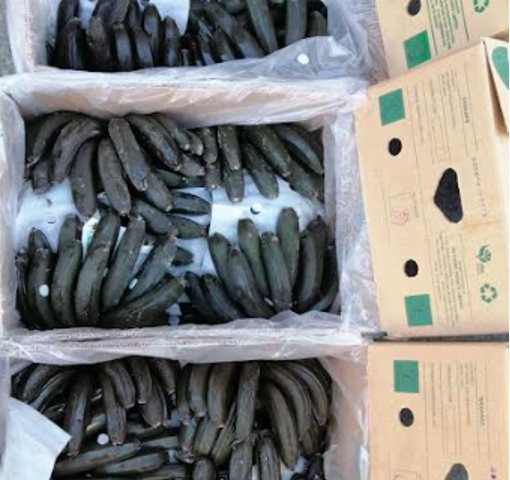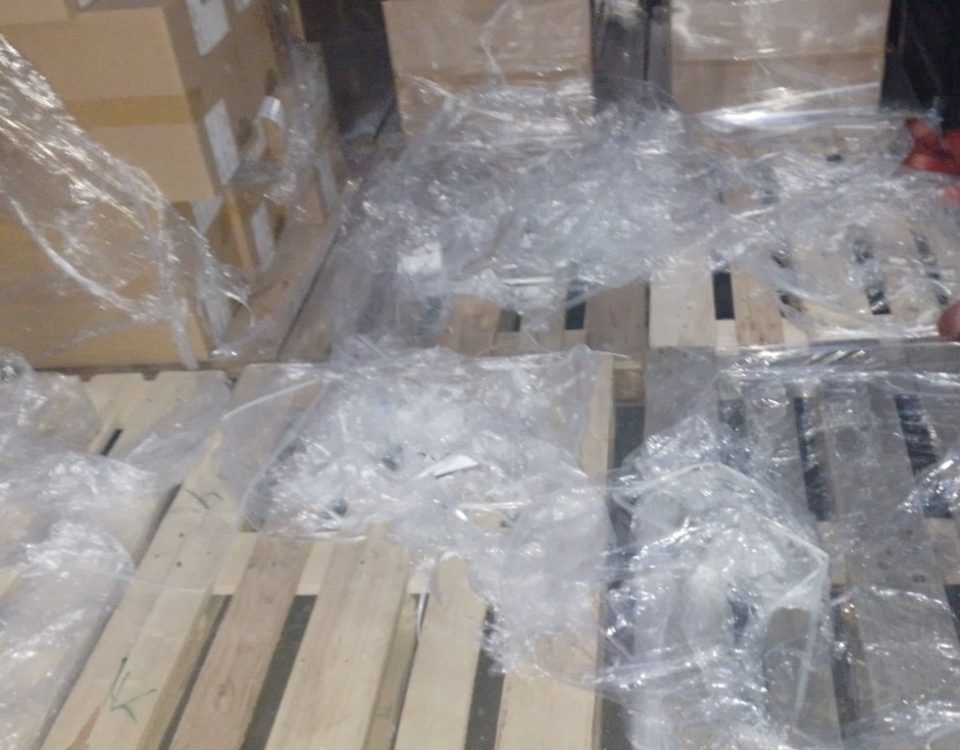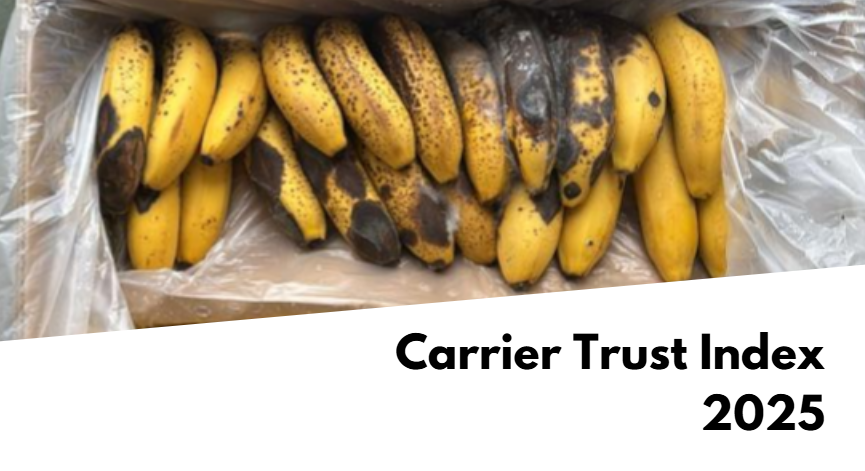Export Bananas Like A Real Pro!

Liability for Damaged Cargo During Transshipment
July 14, 2023
The Link on Cargo Claims and Fleet Growth
July 14, 2023Bananas are one of the most popular and widely consumed fruits worldwide. Transporting bananas from their places of origin to grocery stores and markets involves complex logistics and challenges. Having handled banana related cargo claims a lot, we’ve gained knowledge how to export bananas like a real pro, and we’ll share them to you!
Bananas undergo three developmental stages: the green life stage, the climacteric stage, and the ripening stage. Bananas should be transported during the climacteric stage so that they can be ripened at their destination.
3 Banana Ripening Stage.
- Green life stage: This is the stage when the banana is still growing on the tree. The fruit is green and hard, and it does not taste good.
- Climacteric stage: This is the stage when the banana starts to ripen. The fruit turns yellow, and it starts to develop a sweet taste.
- Ripening stage: This is the stage when the banana is fully ripe. The fruit is soft and yellow, and it has a strong aroma.
Prior to packaging, there are a few things to remember:
- Load the fruit into refrigerated space without delay.
- The cooling process must be as rapid as possible after harvesting.
- Avoid ethylene accumulation in the atmosphere surrounding the bananas.
Ethylene is a gas that promotes ripening. By avoiding ethylene accumulation, the bananas can be kept in the climacteric stage for longer, which will help them to arrive at their destination in good condition.
5 Ways to keep your bananas safe during transport.
Exporters and shippers must ensure that transporters are properly informed of the cargo and cargo requirements they are carrying. After all, not everyone is a banana expert! Just as we wouldn’t expect a Formula 1 driver to be a master chef, we shouldn’t expect a transporter to understand the stages of banana ripening.
Here are the five most common reasons why bananas spoil during transportation:
- Improper packaging: Improper packaging can allow oxygen and carbon dioxide to reach the bananas, which can cause them to ripen too quickly or not ripen at all.
- Temperature control: Bananas are sensitive to temperature. If the temperature is too high, the bananas will ripen too quickly and rot. If the temperature is too low, the bananas will suffer from “chilling injury,” which can cause skin discoloration, insipid taste, and failure to ripen.
- Humidity control: The humidity level around bananas is also important. If the humidity is too low, the bananas will dry out and become tough. If the humidity is too high, the bananas will develop mold.
- Long transit time: Bananas have a shelf life of about 4 weeks. If the transit time is too long, the bananas may ripen and rot before they reach their destination.
Cargo claims can be filed if bananas are damaged or spoiled during transportation. If you believe that your bananas have been damaged or spoiled, you should contact your freight forwarder or shipping company immediately. They will be able to investigate the matter and you could also consult on the expertise of Recoupex, and they can file a cargo claim on your behalf.
How to Avoid Cargo Claims for Damaged Bananas
A container of bananas is worth $12,000-$15,000 USD, not to mention the loss of profit. To ensure that your cargo is delivered in the best possible condition, follow these tips:
- Strictly follow packaging regulations.
- Manifest the correct temperature limits on the Bill of Lading (BL).
- Ensure that the fruit is delivered for loading within plus-minus 2 degrees of the temperature required for safe transportation. The carrier/shipping line has the right to refuse cargo not delivered within these limits.
- Set and/or check the temperature of the container at the time of loading. Do not load fruit into a container until the container has reached the desired temperature and is holding stable.
- Set and/or adjust vents to control humidity level. Prior to loading fruit into a container, ensure that you reach and maintain the required humidity level.
- Consider choosing a less popular route when booking. This could decrease the likelihood of vessels rolling your cargo from one to another.
- Consult your freight forwarder or booking agent about more reliable cargo routing. Some ports are extremely congested at certain times of year.
Transporting export bananas can be a tricky business. Bananas are sensitive to temperature, humidity, and other factors, so it’s important to take precautions to ensure that they arrive at their destination in good condition.
We’ve discussed five of the most common problems that can occur during banana transportation, and we’ve provided tips on how to avoid them. Now you are equipped to reduce the risk of your bananas being damaged during transportation and avoid cargo claims. If you do experience damage to your banana cargo, don’t despair! Recoupex can help you recover your losses.
Recoupex is a hub of transport lawyers – experts in cargo claims. We assess your case quickly. We have successfully recovered claims from Maersk, Sealand, Hapag-Lloyd, Mediterranean Shipping Company – MSC, CMA CGM, and other carriers.



